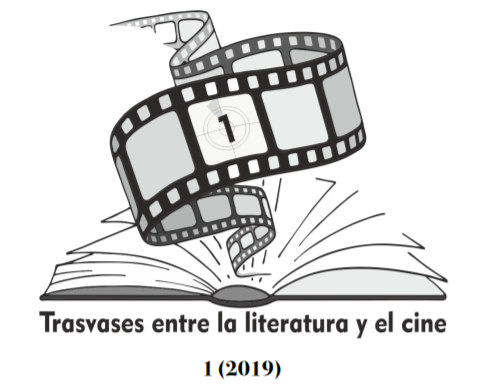From the word to the image: Dark Water, a ghost tale
DOI:
https://doi.org/10.24310/Trasvasestlc.v0i1.6649Keywords:
film adaptation, Japanese horror cinema, Hideo Nakata, Koji Suzuki, Dark waterAbstract
Movies that are based on books are usually valued according to their fidelity to the original story. One way to revalue these films is by analyzing them as a new reading of the original. In the case of the film Dark Water (Honogurai mizu no soko kara) by the Japanese director Hideo Nakata, from narrative formulas it can identify and understand what are the gains that the story of Koji Suzuki, obtained in the transfer to the cinema.
Downloads
Metrics
Publication Facts
Reviewer profiles N/A
Author statements
Indexed in
-
—
- Academic society
- N/A
- Publisher
- Universidad de Málaga
References
BACHELARD, Gaston (2003), El agua y los sueños, México, Fondo de Cultura Económica. BERTON, Mireille (2018), Voir des fantômes, París, Kimé.
GENETTE, Gérard (1989), Palimpsestos (La literatura en segundo grado), Madrid, Taurus.
GUBERN, Román y Joan PRAT (1979), La raíces del miedo. Antropología del cine de terror, Barcelona, Tusquets.
KING, Stephen (2012), Carrie, Barcelona, Debolsillo.
MALPARTIDA, Rafael (2014), Espectros de cine en Japón. Entre la literatura, el cine y las nuevas tecnologías, Gijón, Satori.
MÍGUEZ SANTA CRUZ, Antonio (2016), El fantasma en el cine japonés de posguerra. De rasgo folclórico a icono feminista [Tesis Doctoral], Universidad de Córdoba.
STAM, Robert (2009), Teoría y práctica de la adaptación, México, Universidad Nacional Autónoma de México.
SUZUKI, Koji (2015), Dark Water, Gijón, Satori. ZAVALA, Lauro (2018), Para analizar cine y literatura, Madrid, El barco ebrio.
Downloads
Published
How to Cite
Issue
Section
License
All authors published in this journal accept the following copyright terms:
a. Authors retain their authors´ rights (copyright) and grant First Publication Rights to the journal, which whill be published under a the Creative Commons Attribution-NonCommercial-ShareAlike 4.0 International (CC BY-NC-SA 4.0) license. All about this license is available in the following link: <http://creativecommons.org/licenses/by-nc-sa/4.0>
b. Authors may separately establish additional agreements for the non-exclusive distribution of the version of the work published in the journal (e.g. including it in an institutional repository, or publishing it in a book) with an acknowledgement of its initial publication in this journal.
c. Authors are allowed and encouraged to disseminate their work electronically (e.g. in institutional repositories or on their own website) as this can lead to productive exchanges, as well as earlier and more extensive citation of published work.
The author is responsible for obtaining permission from the copyright holder when using copyrighted materials.
This electronic journal is published by University of Málaga (UmaEditorial), thus it is necessary to cite the origin of any partial or total reproduction.








22.png)










